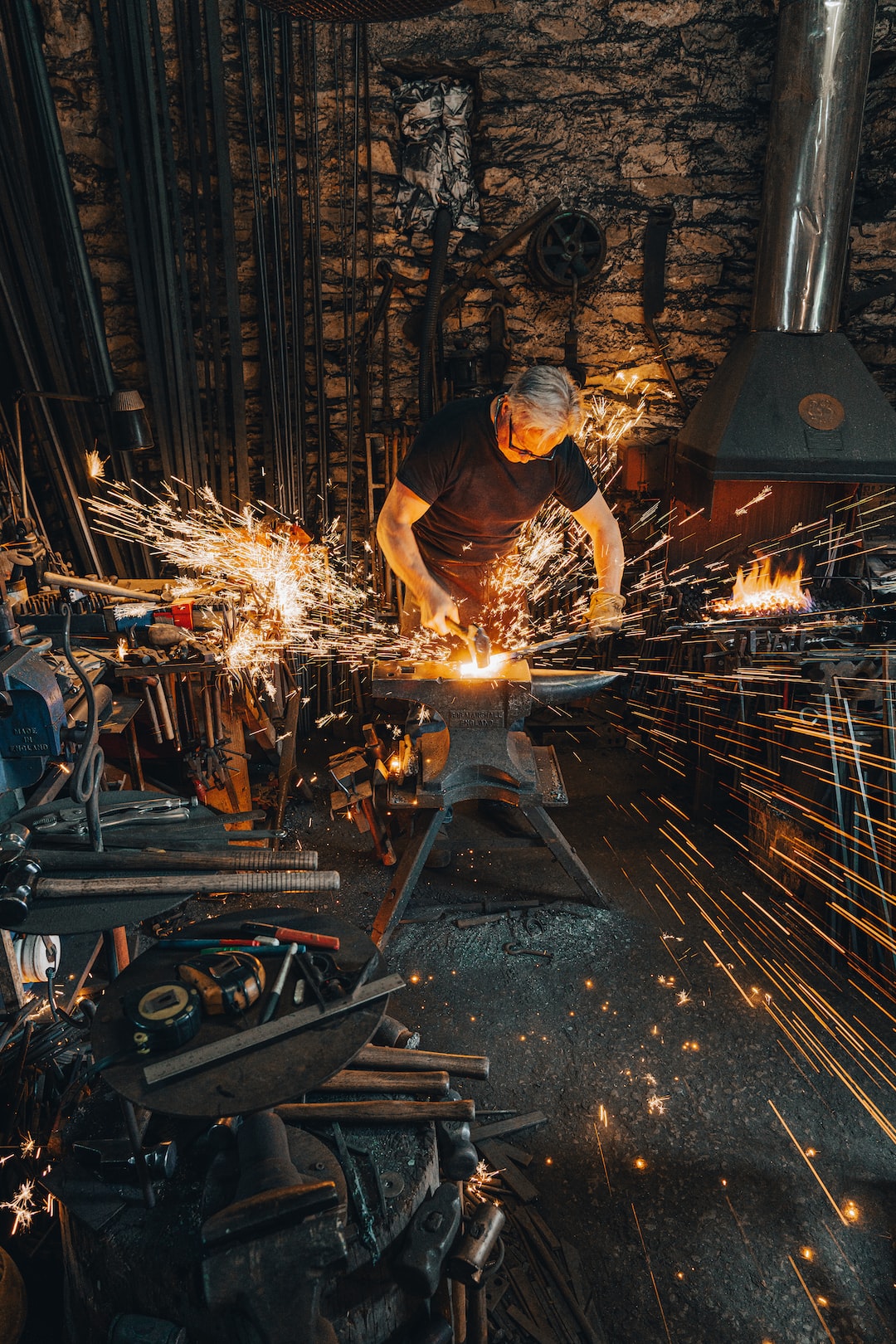The Role of Robotics in Modern Manufacturing
The field of manufacturing has seen incredible advancements in recent years, largely influenced by the integration of robotics into various production processes. Robots have become crucial in improving efficiency, reducing costs, and enhancing overall productivity. In this blog post, we will explore the significant role of robotics in modern manufacturing.
Increased Efficiency
One of the primary reasons why robotics has gained such importance in modern manufacturing is its ability to enhance efficiency in production processes. By automating mundane and repetitive tasks, robots can operate continuously without the need for breaks, thus significantly reducing manufacturing time. This increased speed allows manufacturers to meet consumer demands efficiently, thereby improving customer satisfaction levels.
Moreover, robots are highly precise and accurate, ensuring consistent quality in the manufacturing process. They can perform intricate tasks such as assembling small components or welding with incredible precision, resulting in fewer errors and waste. This level of reliability achieved through robotics eliminates the need for additional inspection, saving both time and resources.
Cost Reduction
Another significant advantage of integrating robotics into manufacturing is the cost-effectiveness it brings. Although the initial investment may be significant, the long-term benefits outweigh the costs. Robots eliminate the need for a large human workforce, reducing labor costs significantly. With robots taking over repetitive and physically demanding tasks, human employees can be allocated to higher-skilled roles that require critical thinking and problem-solving abilities.
Additionally, the use of robots reduces the risk of workplace injuries, leading to reduced worker compensation costs and improved safety. Robots can handle hazardous tasks with precision, thereby reducing the potential for accidents and exposure to harmful substances.
Flexibility and Adaptability
Modern manufacturing necessitates the ability to adapt to changing market dynamics and produce a wide variety of products. This requirement is where robotics truly shines, offering unmatched flexibility and adaptability. Robots can be easily reprogrammed to perform various tasks, making it feasible to switch production lines swiftly.
The integration of artificial intelligence (AI) into robotics has further enhanced their capabilities. Robots equipped with AI can learn and adapt to new tasks, enabling them to work alongside human employees seamlessly. This collaboration between humans and robots allows manufacturers to benefit from the cognitive abilities of humans and the efficiency of robots.
Productivity Enhancement
The implementation of robotics in manufacturing has proven to be a significant productivity booster. By automating repetitive and time-consuming tasks, robots free up human employees to focus on tasks that require creativity, problem-solving, and decision-making skills. This shift in roles leads to increased productivity and innovation, ultimately resulting in the development of superior products.
Moreover, robots can operate continuously without breaks, fatigue, or distractions, ensuring consistent and uninterrupted production. This level of productivity allows manufacturers to scale up their operations without compromising quality or meeting deadlines.
Industry 4.0 and Smart Factories
The rise of robotics in modern manufacturing aligns with the concept of Industry 4.0 and the emergence of smart factories. Industry 4.0 integrates automation, data exchange, and IoT (Internet of Things) to create highly interconnected and intelligent manufacturing systems. Robotics plays a vital role in this transformation, enabling factories to become more intelligent, efficient, and adaptive.
Smart factories leverage artificial intelligence, machine learning, and robotics to create interconnected systems that can communicate, analyze data, and make decisions in real-time. This ability to gather and process vast amounts of data improves efficiency, reduces downtime, and optimizes production processes.
In conclusion, robotics has revolutionized modern manufacturing by improving efficiency, reducing costs, enhancing flexibility, and boosting overall productivity. The integration of intelligent machines and human workers has paved the way for higher-quality products, increased safety, and the creation of smart factories. As manufacturing continues to evolve, the role of robotics will only become more significant in shaping the future of the industry.

